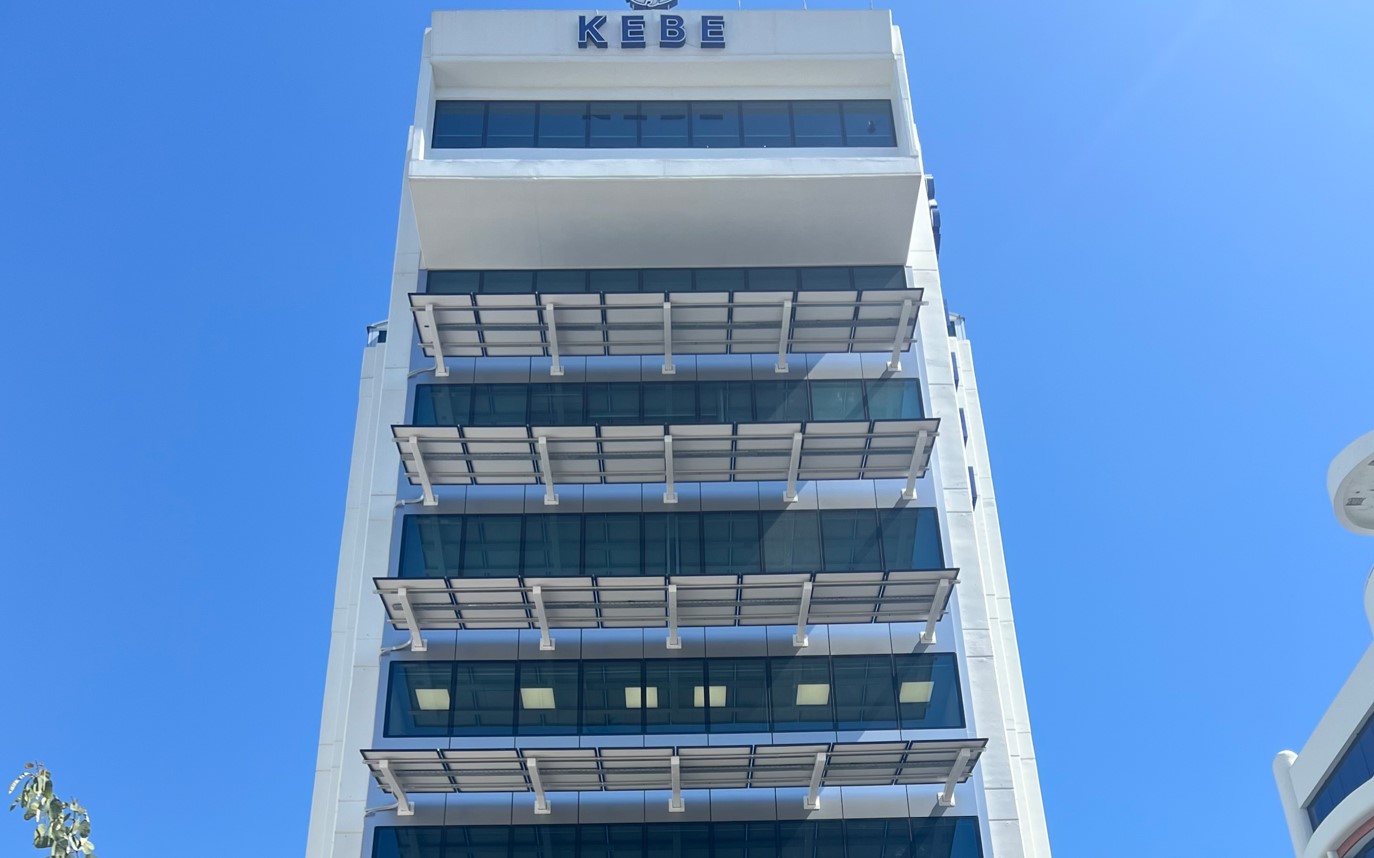Cyprus is facing a period of growing uncertainty, as investment activity is likely to be affected by the US government’s decision to impose import tariffs, said Andreas Andreou, deputy secretary general of the Cyprus Chamber of Commerce and Industry (Keve).
Andreou told CNA on Thursday that while the island is not directly affected by the US measures, the knock-on effects, mainly through the European Union, could create indirect pressure on sectors such as tourism and the general cost of living.
“We are monitoring the situation very closely,” he said.
“The most immediate risks are likely to come from abroad, so we plan to inform the authorities and businesses about the strategic direction they should follow to minimise the impact.”
Keve is particularly concerned about the broader trade tensions between the US and China.
“There is unrest and general insecurity about how this will affect trade, and no one can predict how long it will last,” Andreou said.
He pointed out that the chamber’s immediate focus will be “to assess data and inform stakeholders, with recommendations expected following internal discussions at board level.”
“We’re likely to recommend diversifying tourism markets beyond the EU and exploring alternative sources for products that may be affected,” he noted.
However, he stressed that Cyprus does not have significant direct exposure to US exports or inbound tourism from the United States.
Despite the uncertainty, Andreou welcomed President Nikos Christodoulides’ recent visit to the United States, describing it as a positive step for Cyprus.
“We believe there are strong prospects for cooperation and investment from America,” he said. “It’s important that we made contact with major tech companies and showed them that Cyprus is open for business.”
He said that “Cyprus is working to raise its international profile,” and added that if major tech firms establish regional bases on the island, it could pave the way for future success stories.
“If a major company sets up here, it will send a strong message and open the door for others to follow, creating real benefits for the local economy,” he added.
Recent meetings in the US with both energy firms and tech giants revealed promising potential. “Our location is a key advantage, offering access to Arab countries, Africa and Europe,” Andreou said.
“We do, however, need to address issues like bureaucracy and delays in the judicial system, which remain challenges.”
Asked whether there is a coordinated response planned between government agencies and commercial bodies; Andreou said no unified strategy has yet been formed.
However, he concluded that once Keve puts forward clear recommendations, the government usually steps in to back the effort and brings other stakeholders on board.






Click here to change your cookie preferences